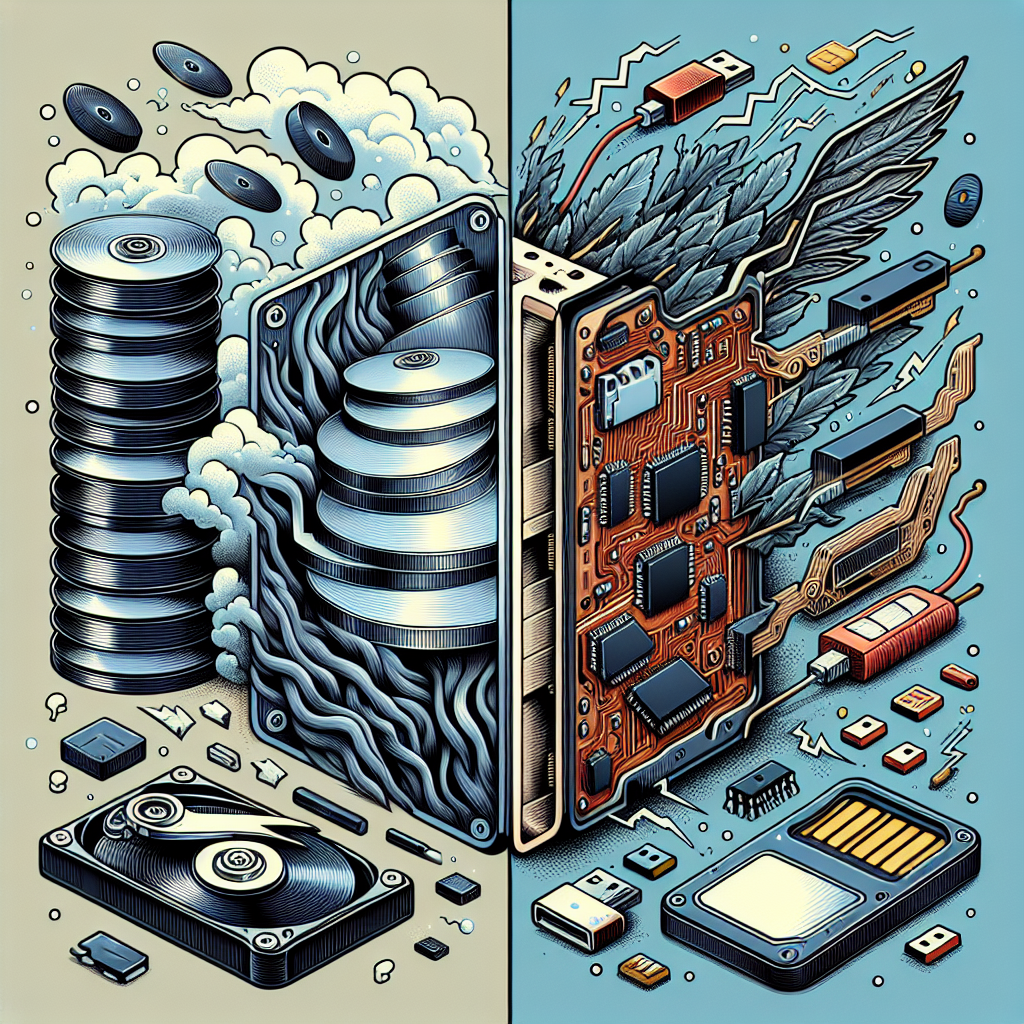Your cart is currently empty!
Comparing Magnetic Storage vs. Flash Storage: Which is Right for You?

When it comes to choosing the right storage option for your electronic devices, the decision often comes down to magnetic storage versus flash storage. Both types of storage have their own set of advantages and disadvantages, so it’s important to understand the differences between the two in order to make an informed decision.
Magnetic storage, which includes hard disk drives (HDDs), has been around for decades and is a tried and true method of storing data. HDDs use magnetic fields to store data on spinning disks, allowing for large amounts of storage at a relatively low cost. However, HDDs are more susceptible to physical damage and are generally slower than flash storage options.
Flash storage, on the other hand, uses flash memory chips to store data. This type of storage is typically found in solid-state drives (SSDs) and is known for its speed and reliability. SSDs are also more energy efficient and produce less heat than HDDs, making them a popular choice for laptops and other portable devices. However, flash storage tends to be more expensive per gigabyte compared to magnetic storage options.
So, which type of storage is right for you? The answer depends on your specific needs and budget. If you need a large amount of storage at a lower cost and don’t mind sacrificing speed, magnetic storage may be the way to go. On the other hand, if you prioritize speed and reliability and are willing to pay a bit more, flash storage may be the better option for you.
Ultimately, the decision between magnetic storage and flash storage comes down to your individual preferences and requirements. Consider factors such as storage capacity, speed, cost, and durability when making your decision. Whichever type of storage you choose, make sure to back up your data regularly to prevent any potential loss.

Leave a Reply